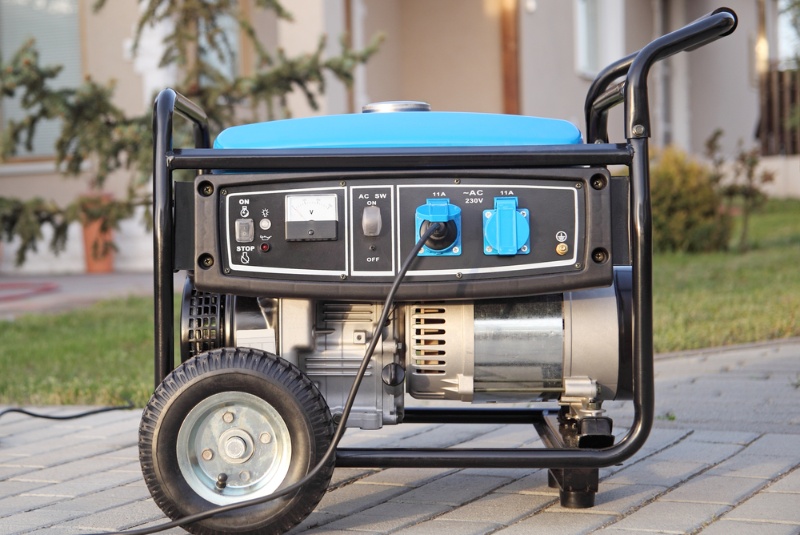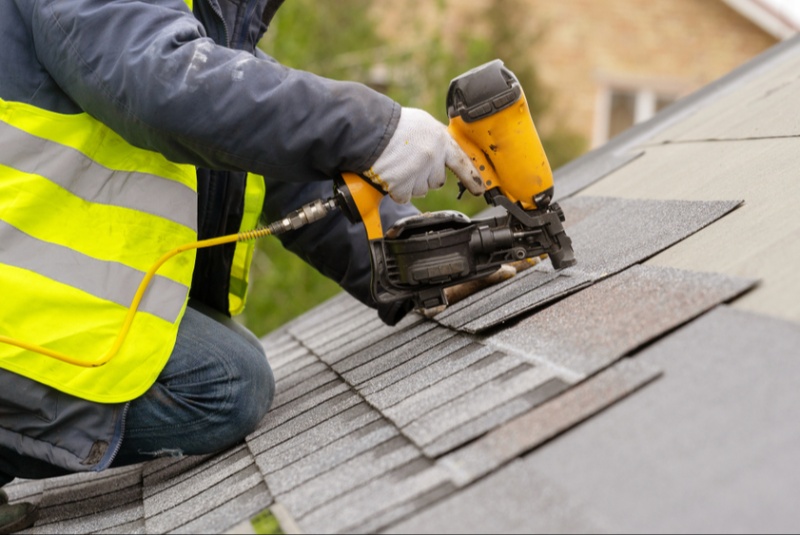Purchasing a reliable home generator is a crucial decision for many homeowners, providing a sense of security and comfort during power outages. A generator can be a lifesaver in areas prone to severe weather conditions or for those who require uninterrupted power for medical equipment. However, navigating the vast array of options, features, and technical specifications can be daunting. This guide aims to demystify the process, offering clear, actionable advice to help you select a generator that meets your needs, fits your budget, and ensures your home remains powered during emergencies. From understanding the types of generators available to evaluating power requirements and exploring additional features, this comprehensive guide will arm you with the knowledge needed to make an informed purchase.
Understanding Generator Types
When it comes to home generators, there are primarily two types to consider: portable and standby generators. Portable generators are a versatile, cost-effective solution for temporary power needs. They can be moved easily and are ideal for powering essential appliances during short outages. On the other hand, standby generators offer a more permanent solution. Installed outside the home and automatically turning on during power outages, standby generators can power the entire house and are essential for areas with frequent, prolonged blackouts. Each type has its advantages and limitations, and the right choice depends on your specific power needs, budget, and the frequency of power outages in your area. Understanding these differences is the first step in narrowing down your options.
Assessing Your Power Needs
Before investing in a home generator, it's crucial to assess your power needs accurately. Start by making a list of essential appliances and systems you need to keep running during an outage, such as refrigerators, heating and cooling systems, and medical equipment. Calculate the total wattage required to run these essentials by looking at their power specifications. This will help you determine the size of the generator you need. It's important to note that underestimating your power needs can lead to overloading the generator, while overestimating can result in unnecessary expenditure on a larger model. Consulting with a professional can provide a more accurate assessment and ensure you choose a generator that matches your power requirements.
Choosing the Right Fuel Type
Generators run on various fuel types, including gasoline, diesel, propane, and natural gas. Each fuel type has its advantages and disadvantages, and the best choice depends on availability, storage, and safety considerations. Gasoline is readily available but has a short shelf life and requires safe storage. Diesel generators are known for their efficiency and longevity but may require a larger initial investment. Propane and natural gas generators offer cleaner burning options and, in many cases, can connect to existing gas lines, eliminating the need for fuel storage. Considering fuel availability and the practical aspects of storage and safety will guide you in selecting the most suitable fuel type for your needs.

Evaluating Features and Specifications
Modern generators come equipped with a range of features and specifications that enhance their functionality and user experience. Key features to consider include automatic start, which allows the generator to turn on immediately during a power outage, and noise level, which can be particularly important in residential areas. Transfer switches, which safely connect the generator to your home's electrical panel, are essential for standby generators and can be added to portable models for greater convenience. Additionally, consider the generator's fuel efficiency and the availability of warranty and support services. By evaluating these features, you can select a generator that not only meets your power needs but also offers ease of use and peace of mind.
Maintenance and Safety Considerations
Maintaining your generator is critical to ensuring it operates efficiently and safely when needed. Regular maintenance tasks include checking oil levels, replacing air filters, and ensuring the generator is stored properly when not in use. Safety is another crucial consideration; always operate the generator in well-ventilated areas to prevent carbon monoxide poisoning and never plug a generator directly into a wall outlet, as this can cause backfeeding and endanger utility workers. Following the manufacturer's guidelines for maintenance and safety can extend the life of your generator and ensure it provides reliable power when you need it most.
Making the Purchase: Where to Buy and What to Expect
Once you've determined the type, size, and features of the generator you need, the next step is to make the purchase. Generators can be bought from home improvement stores, online retailers, or directly from manufacturers. Compare prices, read reviews, and check for any available warranties or service agreements. Installation of standby generators should always be performed by a professional to ensure it meets local codes and operates safely. For portable generators, familiarize yourself with the operation and safety instructions before use. By carefully selecting where to buy and understanding what to expect in terms of delivery and installation, you can make the purchasing process as smooth as possible.
Selecting a reliable home generator involves careful consideration of various factors, including the type of generator, power needs, fuel type, features, and safety considerations. By following this guide, you can navigate the process with confidence, ensuring you choose a generator that provides the power you need with the reliability and safety you expect. Whether facing severe weather events or unexpected power outages, a well-chosen home generator can offer peace of mind and security, keeping your home and loved ones safe and comfortable.




